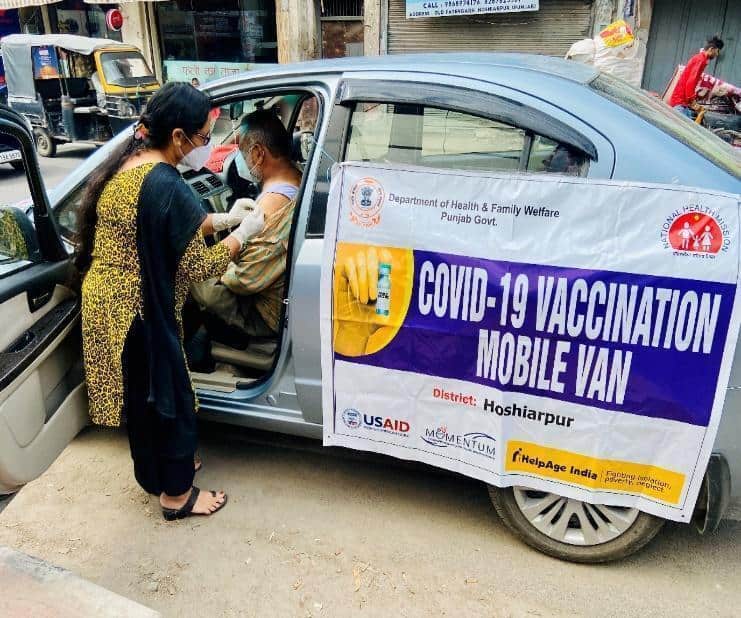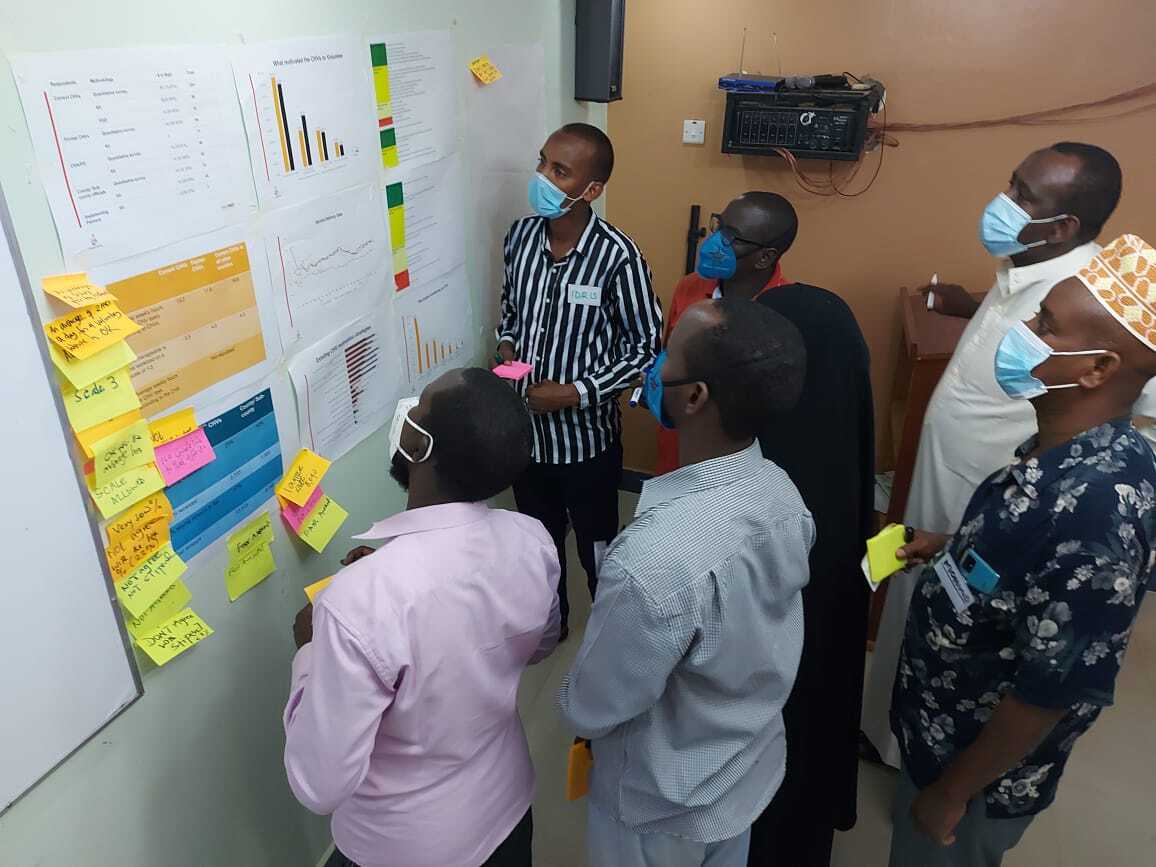Kenya has been host to some of JSI’s largest projects, beginning with the Kenya Family Planning Private Sector Project in 1983. Over the last 33 years, JSI has supported the health of children, women, including those living with HIV, and provided its full spectrum of expertise to both governmental and privately-funded initiatives.
Since 2008, JSI has been providing immunization technical assistance through the USAID-funded Maternal and Child Survival Program (MCSP) and its predecessor, Maternal & Child Health Integrated Program (MCHIP). As a part of the national immunization technical working groups, JSI has supported the revision of Kenya’s National Vaccination Policy and assisted in the development of the Kenya Action Plan for Pneumonia and Diarrhea (KAPPD). JSI also strengthened technical and management capacity to improve equity and coverage through the application of the Reaching Every District (RED) approach in low-performing districts. JSI has strengthened the linkages between levels of the immunization system in Kenya, bringing local level realities to inform the national level conversation, and helping to implement national level policies throughout the various levels of the health system.
Currently, we are supporting the introduction of the HPV vaccine into the national routine immunization program. We have also provided technical assistance to the Kenya immunization program for the introduction of pneumococcal conjugate vaccine (PCV13), rotavirus, and measles-rubella vaccines. Furthermore, we have assisted the country in updating the immunization curriculum that is being used for health workers in medical and nursing schools.
As DREAMS Innovation Challenge Funds Manager, we provided grants management, monitoring and evaluation, and capacity strengthening with 13 local partners in Kenya to reduce HIV among adolescent girls and young women by addressing the structural drivers of the epidemic.
We also supported the Innovations for Maternal, Newborn, and Child Health initiative as a global research partner to find and test ambitious new ideas that have the potential to overcome barriers to accessing maternal, newborn, and child health (MNCH) services and significantly improve delivery of these services.
JSI has also played a critical role in assisting Kenya’s Ministry of Health and other key partners to develop the use of information systems and data for health.
Currently, our deep experience in data as well as supply chain management is used to implement inSupply: Innovations for Public Health Supply Chains, an umbrella project funded through a grant from the Bill & Melinda Gates Foundation. InSupply incorporates supply chain components to improve the performance and efficiency of contraceptive, vaccine, and essential medicine supply chain systems. The program uses cross-cutting themes, including increasing data visibility and the use of data to drive decision making, to demonstrate the feasibility of innovative solutions for the last mile in addition to strengthening local and regional supply chain capacity.





